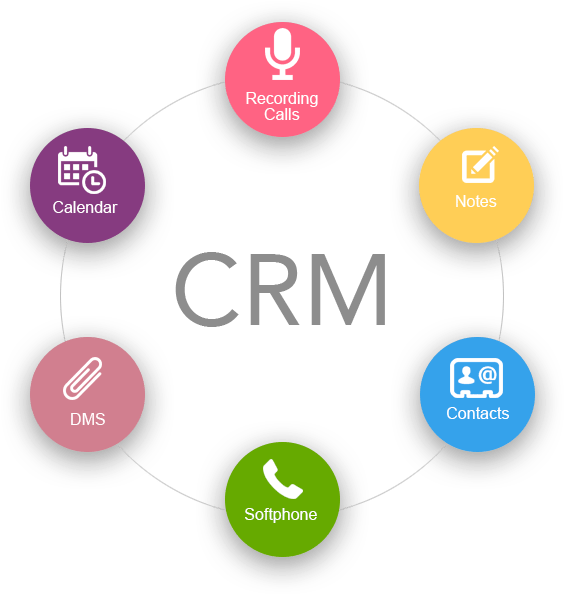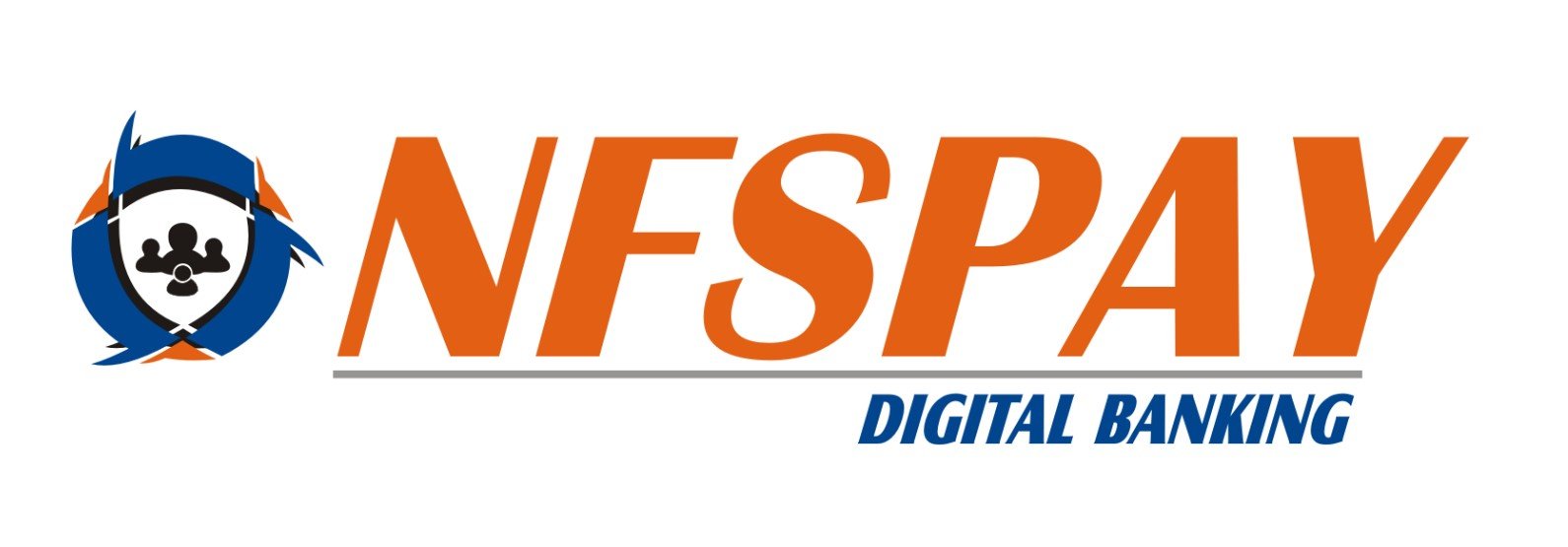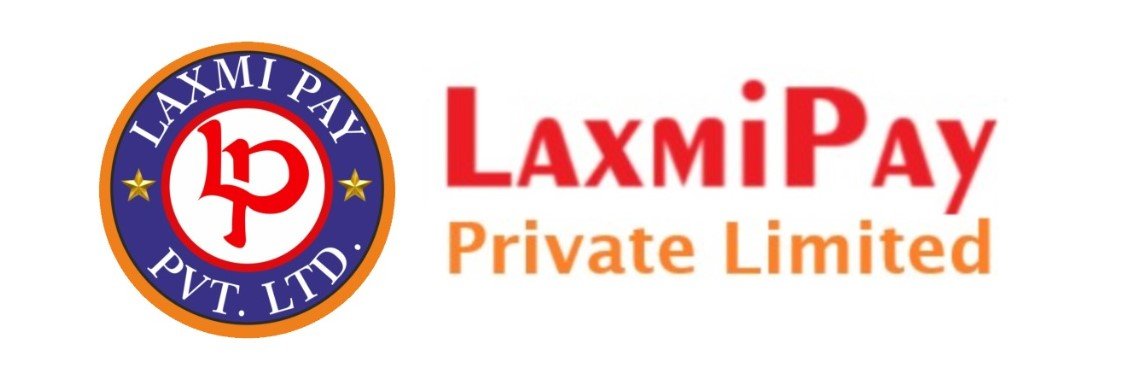CRM Software
Our Services
CRM Software
CRM System With Marketing Capabilities
To increase the performance of your business and boost your revenue, you might want to install a CRM for sales. It will help you to work both with your already existing clients and prospects. A CRM for sales managers will come in handy for organizations of any size and sphere of activity.
How to Select a CRM for Sales Team?
Today, most organizations would be likely to choose a cloud-based CRM for sales managers rather than an on-premise solution. The latter variant requires a lengthy installation — and if you opt for the former, you will be able to start working almost immediately after you log in. In both cases, you will need to conduct training for your sales managers. But if you install an on-premise solution, you will need to train your IT department as well. When purchasing an on-premise CRM for sales team, you will need to pay the full price of its license upfront. Cloud versions are normally sold on a monthly subscription.
When choosing a CRM for sales managers, pay attention to the maximum number of users that it accommodates. Some solutions might have excellent functionality — but they might hardly be able to scale. Other products might be tailor-made for large enterprises and feature excessive functions for small companies.

CRM - The Strategy
The idea of how businesses approach customer interactions and building relationships with them forms their CRM strategy. It involves collecting customer data and analyzing the history of customer interactions to provide better services and build better relationships with the customers to ultimately drive sales and revenue.
Why do you need a CRM strategy?
Without a proper CRM strategy, your customer information will be all over the place, and it’ll be hard to keep track of all the touch points and interactions you’ve had with particular customers. This leads to a drawn-out sales cycle, with a generic and sub-par customer experience.
Building great customer relations
Great customer relationships are based on the consistent and personalized experience offered by your organization, regardless of where a customer is in your sales cycle. This means that every team in your organization, from Marketing to Sales to Support must offer a consistent experience when interacting with a customer.
When your business is starting off and you’re managing all your customer information on spreadsheets, this may be viable, but not advisable. The amount of time spent on data entry could be better spent bringing in customers and closing deals. This becomes exponentially more complicated when you grow your business and expand your customer base. This is where CRM software comes into play.
Why your business needs a CRM Software
If you’re finding it hard to manage sales, marketing, and customer relations, maybe it’s time you upgraded to sophisticated, all-inclusive business software. If you’re on the fence about adopting a Customer Relationship Management solution, look for these warning signs:
It’s hard to make important decisions when your customer data is spread across your excel sheets, business cards, and notes taken during meetings with the customer. It takes too much time and effort to collate the data and make sense of it.
A synergy is required between Marketing, who nurtures the lead, and Sales, who closes the deal. Often this lack of information flow hurts the performance of both teams, as neither is aware of what the other team is doing.
When sales reps leave your company, they take with them the relationships they built with customers. Your company needs to invest time and money into training replacements and getting them up to speed on customer preferences.
It’s hard to make important decisions when your customer data is spread across your excel sheets, business cards, and notes taken during meetings with the customer. It takes too much time and effort to collate the data and make sense of it.
This is a derivative of the first indicator. Due to the absence of a centralized location for your customer data, salespeople will find it impossible to keep track of every detail as your customer base grows.
A synergy is required between Marketing, who nurtures the lead, and Sales, who closes the deal. Often this lack of information flow hurts the performance of both teams, as neither is aware of what the other team is doing.
If you have sales reps out in the field, it’s impossible for them to keep everyone involved updated on the status of a deal, or send out documents like sales orders and invoices
Scattered information makes it hard to find patterns and personalize your interactions with customers. This ends with all customers being treated the same—and runs the risk of driving them to your competitors for a better experience.

How to choose the right CRM software?
When choosing the CRM tool for your business, the first choice you’ll be making is between on-premise or cloud CRM software. Before you make that choice, let’s take a quick look at the pros and cons of both.
Cloud CRM
Cloud CRM software is built and maintained by the service provider, on their servers. The service is accessible over the internet through a browser, allowing you to deploy the service without any software installation on your organization’s computers.
On-premise CRM
On-premise CRM usually involve setting up servers in your office and installing the software on all required devices on your local network. This puts the responsibility for upgrades, customization, and maintenance solely in the hands of your IT department.
Basic Features
- Unlimited records
- Free 5GB online storage
- Email marketing
- In-built contact center
- Customizable fields
- Quotes & invoices
- Free call center
- Cloud or self hosted (open source code access)
- Free mobile CRM iOS and Android
- Free integrations (RestAPI)
Fully Featured CRM
- Leads/Contacts/Companies/Deals
- Unlimited client base size
- Import & Export
- Quotes and Invoices
- Product Catalog
- Currencies and taxes
- CRM Scheduling and event planning
Fully Customized
- Custom fields
- Sales automation
- Custom forms
- Flexible access right settings
- Web to CRM
- Email to CRM
- Call to CRM
- Contact center to CRM
Cloud CRM
- Custom reports
- Dashboards
- Sales pipeline
- Sales funnel
- Expected sales
- Agent activity reports
- Unpaid invoices
- Lead sources (marketing channels)





TESTIMONIALS FEEDBACK
What our clients thinks





